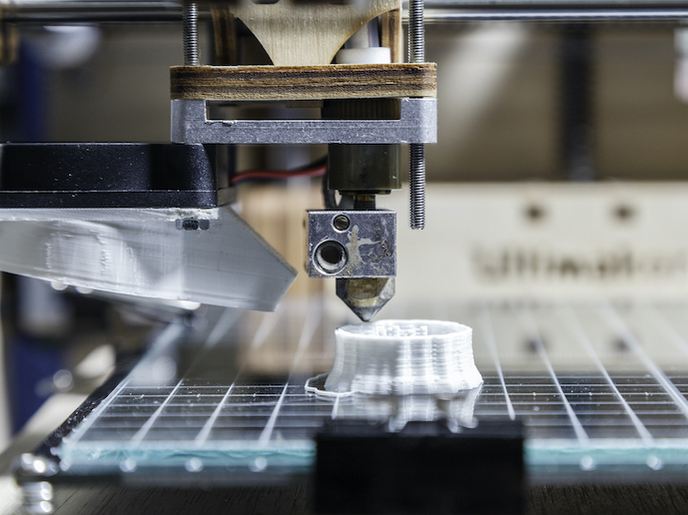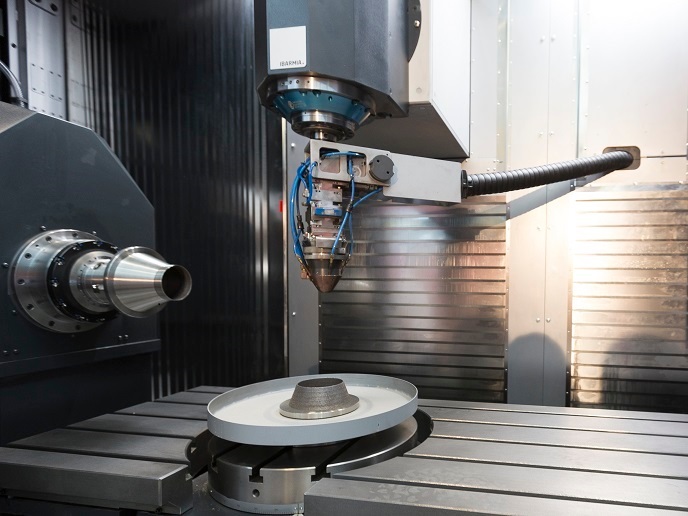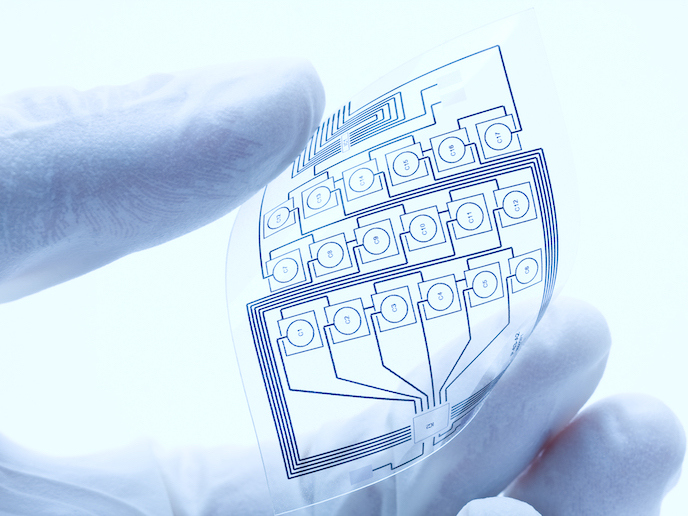Industrial energy savings with grinding technology
Grinding constitutes one of the key machining operations in precision manufacturing as its adoption leads to significant improvements in the quality of finished parts and the performance of machines and tools. Yet, it involves high amounts of energy consumption leading to system inefficiency and waste production. Urged by this, the ENGY project improved the energy efficiency of grinding by following an integrated approach on the entire grinding system. More specifically, the project's work addressed issues related to machine, tool and process control. Apart from the traditional use of grinding as a finishing operation, grind-hardening processes were also investigated for reducing the operation time required. Thereby, the heat generated during grinding can be exploited to harden high quality machined parts. Within this context, a set of guidelines referring to the energy balance assessment in grinding processes were released. Analysis of the process life cycle took into account energy, material and coolant consumption along with the grinding wheel wear for both processes, grinding and grind-hardening. Comparison against benchmark criteria that were originally defined within the ENGY project verified the environmental benefits of grind-hardening processes. This was shown for both bearing and automotive components industries. Adoption of optimised grinding process parameters in the defence industry may also significantly limit the environmental impact. Particularly in the case of grinding of hardened gears, appropriate machine and process changes can offer an average energy reduction of the order of 38% and consequently minimise environmental damage by 43%. For further information on the project click at: http://www.lms.mech.upatras.gr/engy/







